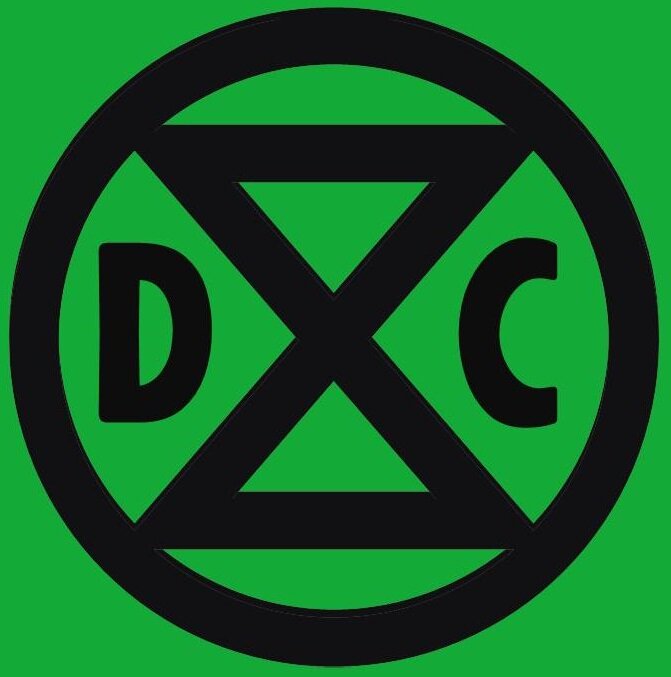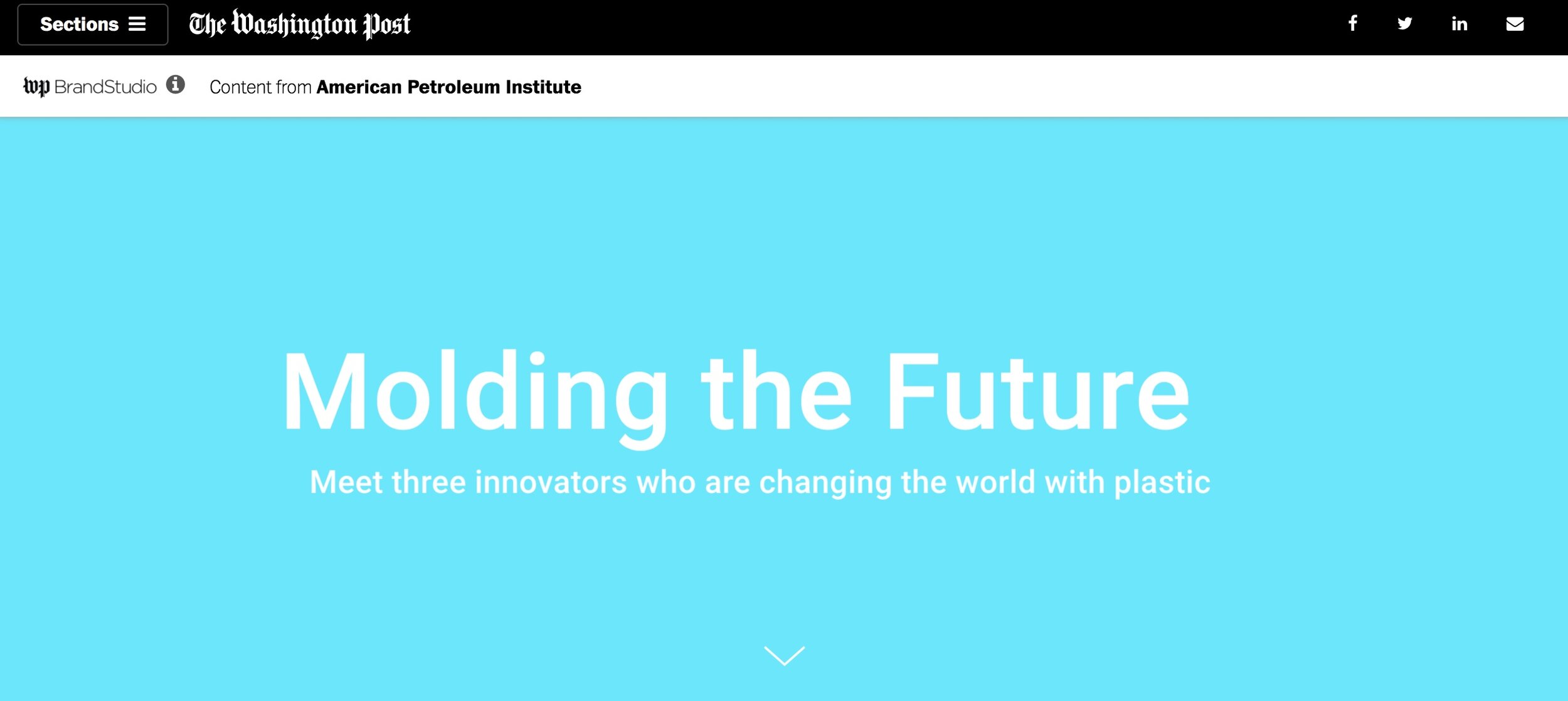Washington Post and CNN ban all fossil fuel adverts
This is the headline we want to see.
Currently, both CNN and The Washington Post take advertising money from the life-destroying fossil fuel industry, including some of the world’s biggest climate criminals like ExxonMobil, Shell, and BP. Instead of telling the truth, these media outlets are actively participating in the deception of their audiences.
The fossil fuel industry is the dirtiest industry on Earth. Twenty companies alone — all of them oil companies — are responsible for one third of all the world’s greenhouse gas emissions.
These crooked corporations are driving the climate crisis and mass extinction. They care more about their profits than the health and well-being of people. They are polluting our waters and our soil, turning our planet toxic. And they have spent billions on a decades-long effort to prevent people and governments from stopping the crisis.
This is why we demand that The Washington Post and CNN remove all financial conflicts of interest, ban all advertising from companies that trade in fossil fuels, and divest from fossil fuel companies. The Guardian has already shown this is possible. It’s time for The Post and CNN to step up and do the right thing.
We also demand that both outlets stop spinning the lies of fossil fuel companies and other pro-extinction industries by banning all branded content paid for by these firms.
Branded content is one of the most insidious forms of advertising. Both The Post and CNN are guilty of it. They run stories that look like normal news articles, but are actually paid for by firms like Shell and BP. CNN and The Washington Post are helping spin the lies of firms that are destroying life.
For example, The American Petroleum Institute (API) — the fossil fuel industry’s biggest trade association — pays The Washington Post to run slick pieces about the benefits of fossil gas and plastic. This content often includes quotes from people affiliated with organizations that deny climate change.
Recent examples of The Post’s branded content, paid for by API, hawk gas — a fossil fuel that is destroying life — as a vital part of the solution to global heating, even though a boom in the use of gas is driving the global growth in greenhouse gas emissions.
CNN has even sold off an entire webpage to BP, full of branded content that seeks to sell gas as a clean and necessary fossil fuel. CNN presents The Global Energy Challenge as a special series that “explores the future of the global energy sector, focused on the challenges of addressing growing demand for energy while also reducing emissions” - a sneaky way of arguing that the world can’t address the climate crisis without gas, and needs BP.
The Post and CNN say that sponsored content is clearly labelled as advertising and includes the names of the advertiser. But research shows that readers are often tricked by native advertising, which means these media outlets are actively participating in the deception of their audiences. The media exists to tell the truth — it must ensure the advertisements it runs do too.
For a full list of the firms that pay The Washington Post for branded content see here. The list includes some of the biggest climate criminals.



